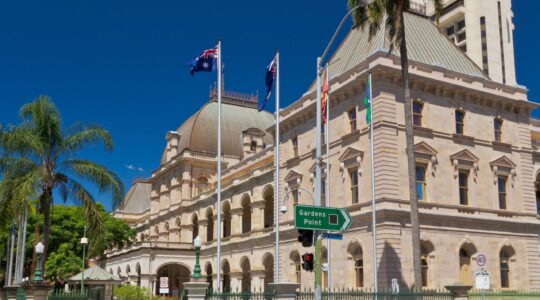A points system which attracts younger, better skilled and more gender-diverse migrants is the focus of a new Federal Government discussion paper.
The Review of the points test paper aims to reform the Points Test, which has not been updated since 2012.
It poses a series of questions such as “How can we better target points tested visas to meet Australia’s skills needs?” and “How should we redesign the points allocated to age to better select younger migrants?”
It also asks how the Points Test could support gender equality in the Australian labour market
A Federal Government Migration Review found the current test was “not designed to identify applicants with the best potential to contribute to Australia over the long term.”
It said a recalibrated Points Test should “form the core of a future permanent skilled migration program”.
Home Affairs Minister Clare O’Neil said the Government wanted to build a smaller, better planned, more strategic migration system.
“We are significantly reducing migration levels – we are in the middle of the biggest drop in migration numbers in Australia’s history, outside of war or pandemic,” Minister O’Neil said.
“At the same time, we’re focused on making sure that a smaller migration program is bringing in people who have the skills we need to build Australia’s future. That’s where the Points Test really matters.”
The Migration Review found that a reformed Points Test should:
- Focus on characteristics that are associated with migrants successfully finding skilled work.
- Better target the skills Australia needs now and in the future.
- Give applicants a realistic sense of the likely success of their application and not drive ‘permanent temporariness’.
- Reflect that younger migrants will spend more years contributing to Australian workplaces.
- Better recognise the potential contributions to Australia from partners.
Submissions on the discussion paper close May 24.







